David Saint-Jacques' health science activities
While aboard the International Space Station (ISS), Canadian Space Agency (CSA) astronaut David Saint-Jacques will conduct Canadian and international health science experiments.
Canadian experiments

At Home in Space: How astronauts adapt to life on the ISS
This is Canada's first psychosocial experiment on board the ISS. It examines how astronauts from all over the world adapt to living together in space during long-duration missions.
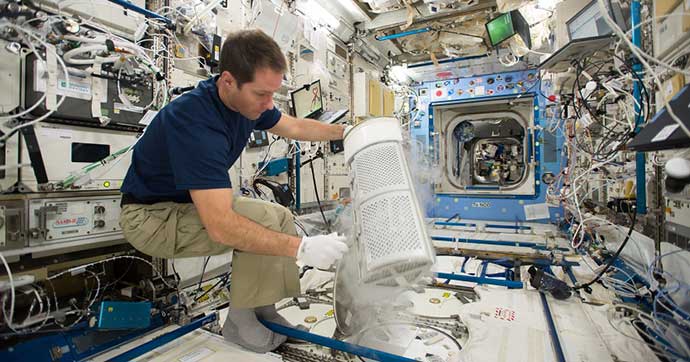
MARROW: Keeping bones healthy in space
This experiment aims to establish if microgravity causes fat accumulation in the bone marrow and impacts the production, function and destruction of red and white blood cells.
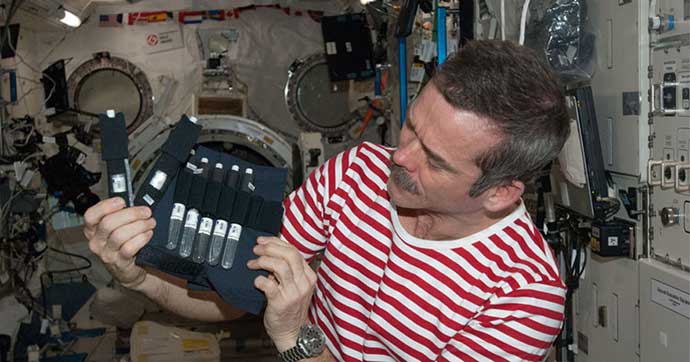
Space Radiation and its Risks (Radi-N2)
This experiment measures the neutron radiation levels on the International Space Station and monitors the dose an astronaut absorbs during space flight.
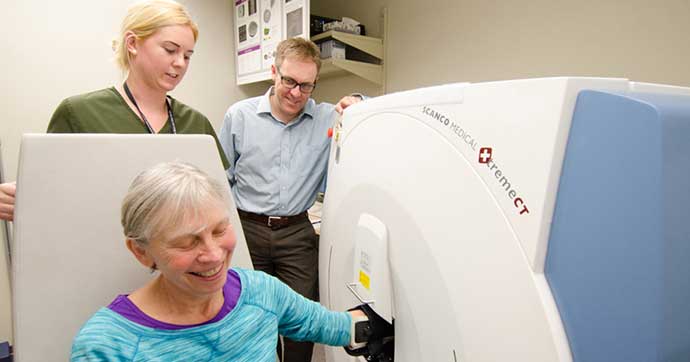
TBone: Effects of microgravity on bones
This experiment studies the effects of weightlessness on bone quality, as bones age at an accelerated rate in space. Advanced 3D imaging technology measures bone density, but also bone structure and strength.
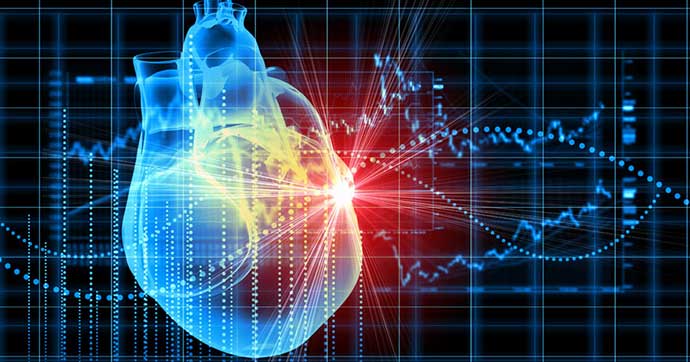
Vascular Echo: Studying heart health in space
Building on the Vascular experiment, this study examines how and why some astronauts experience arterial stiffening in space. It will help find ways of slowing vascular aging.

Vection: Using virtual reality to test astronauts' perception
This experiment will use a virtual reality system to examine how microgravity affects astronauts' perception of their motion.
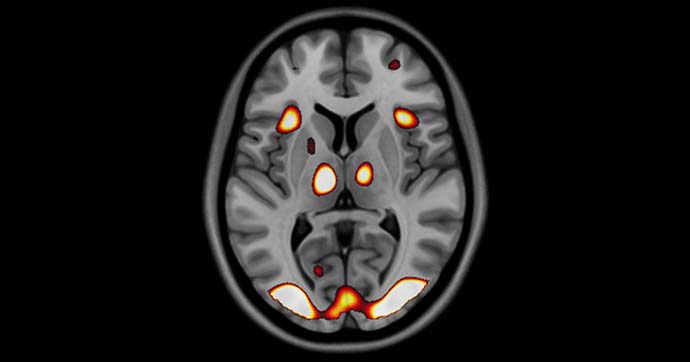
Wayfinding: How space flight affects astronauts' brains
This experiment aims to better understand how space affects astronauts' orientation, navigation skills and brain function.
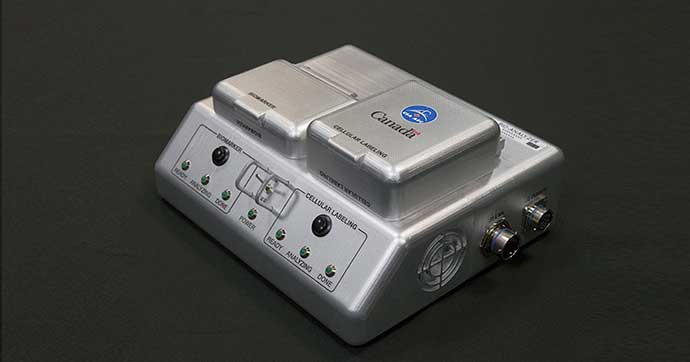
Bio-Analyzer: Instant biomedical results from space to Earth
This new instrument will perform near-real-time analysis of blood, urine, or saliva and provide data for research purposes.
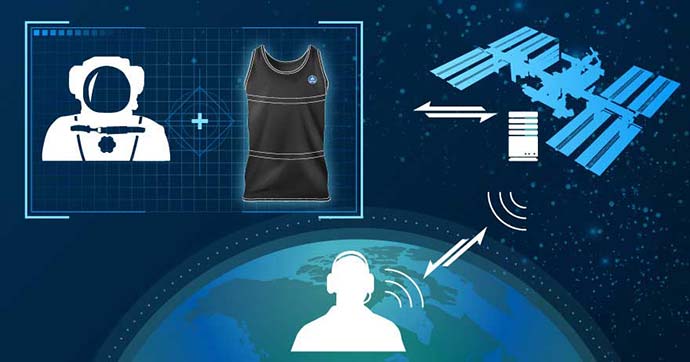
Bio-Monitor: Keeping an eye on astronauts' vital signs
This bio-monitoring system, which includes a smart shirt, will monitor and record astronauts' vital signs.
International experiments
National Aeronautics and Space Administration (NASA)
- Behavioral Core Measures
-
This project's goal is to create a database of behavioural health indicators (e.g., mood, cognitive function, performance, physical and mental fatigue, sleep quality). This will help develop measurement tools that could be implemented in future long-duration missions.
- Functional Immune
-
This investigation will assess several aspects of immunity during long-duration missions. It will examine the effect of space flight on many less understood aspects of regulation of the immune system. This is important because the immune system protects us against viruses, bacteria and other microbes, but over-activity of the immune system can also cause disease.
- One-Carbon Expansion
-
Each person has a unique genetic structure, and variations in this structure sometimes have effects on how the body functions. Based on a previous study that examined five specific types of genetic variation (single-nucleotide polymorphisms, or SNPs), this study will evaluate a wider range of SNPs to define the genetic influence on the incidence of problems with vision during space flight.
- Repository
-
The NASA Repository is a storage bank that is used to archive biological specimens and data from astronauts. The samples are collected, processed and archived during the preflight, in-flight and postflight phases of ISS missions.
- Soyuz Occupant Risk
-
This study's objective is to develop an astronaut landing injury database that will include the true number and types of injuries associated with landings. It will be used to determine the risk factors that contributed to those injuries and allow for better crew protection in future spacecraft designs.
- Standard Measures
-
This project's aim is to collect a set of core measurements (biological specimens, physiological and psychological information) from all ISS crewmembers before, during and after long-duration missions. These measurements will be incorporated into a database and be available to other studies.
- Team Task Switching
-
On long-duration missions, astronauts are assigned to work on an ongoing task which captures their focus of attention. They also have a series of alternative tasks that may draw their attention away from a current task. This objective of this experiment is to identify important task and crew factors that contribute to errors after switching tasks.
- VEG-04
-
For this study, leafy greens (Mizuna) and dwarf tomatoes will be grown in the Veggie unit during space flight. This research will indicate which lighting and fertilizer combination will improve the success of including pick-and-eat salad crops in future space missions.
- Vertebral Strength
-
This experiment seeks to better define the extent of spaceflight-induced bone and muscle degradation of the vertebral column and the associated risk for vertebral fracture.
Japan Aerospace Exploration Agency (JAXA)
- Cerebral Autoregulation
-
The objective of this study is to determine the effects of short and long-duration space flight on the ability of the body to control the flow of blood to the brain. Since the human brain is capable of self-regulating this blood flow, this experiment tests whether self-regulation improves in microgravity.
- JEM Water Recovery System (JWRS)
-
Aboard the ISS, recovery and recycling wastewater such as urine, sweat, and condensation is essential. The objective of this experiment is to demonstrate the use of the JWRS to recover, from urine, potable water that meets NASA's quality standard.
- Labyrinth
-
The objective of this experiment is to evaluate separately the two main components of the vestibular system, before and after the stay in space, and test links to body balance impairment. The vestibular system, located in the inner ear, sends signals to the brain that help the brain maintain good body posture.
- Medical Proteomics
-
This experiment looks at changes in blood proteins of astronauts before, during and after space flight. It uses the latest proteome analysis technique. The proteome is the entire set of proteins expressed by a cell, tissue or organism.
- Probiotics
-
This study aims to investigate the impact of continuous intake of probiotics on immune function and on the types of microbes that colonize the intestine in astronauts during long-duration missions.
European Space Agency (ESA)
- Airway Monitoring
-
Future spacecraft that travel into deep space are expected to have lowered air pressure in the crew cabin. It is thought that the combination of low air pressure and weightlessness may affect lung health. Furthermore, future space explorers will be exposed to potentially toxic particles suspended in the spacecraft atmosphere, and inhalation of those particles may cause dangerous inflammation of lung tissues. Airway Monitoring assesses lung health and tests novel lung health monitoring equipment on the International Space Station.
- Time
-
Humans are able to internally measure the passage of time, and this ability is important to many functions such as movement of limbs. The Time experiment will measure changes in how astronauts perceive time during and after long-duration exposure to microgravity.